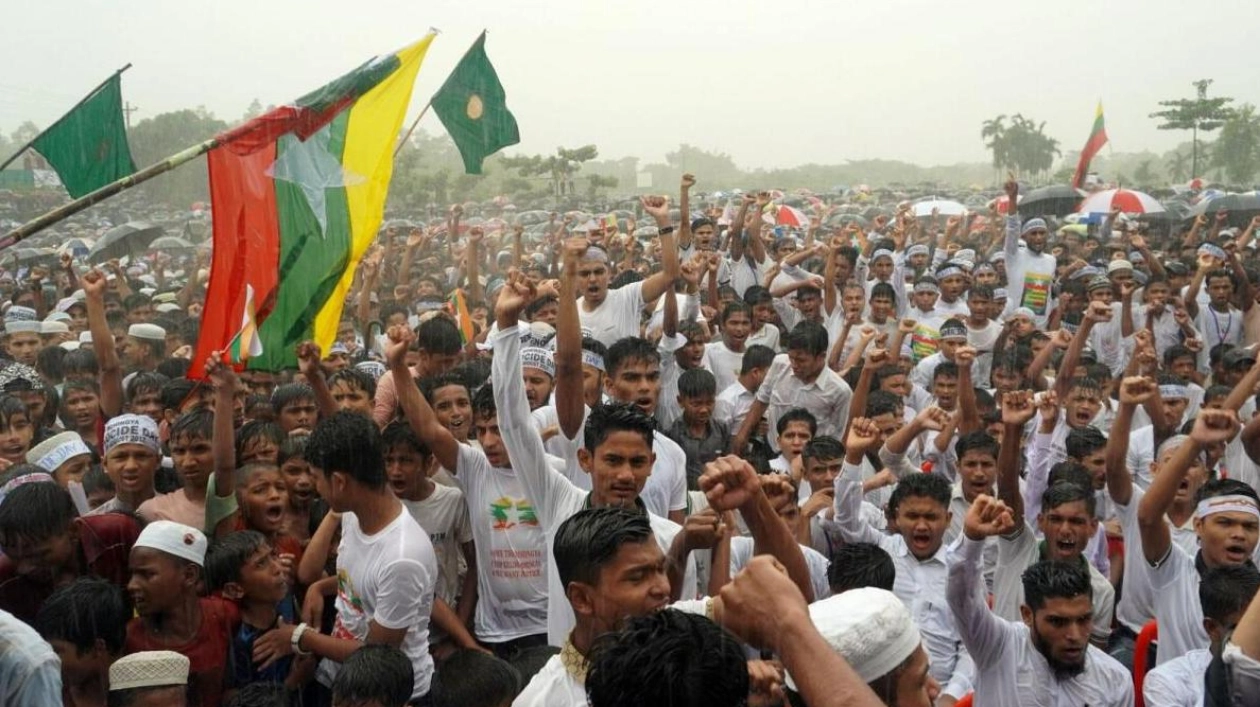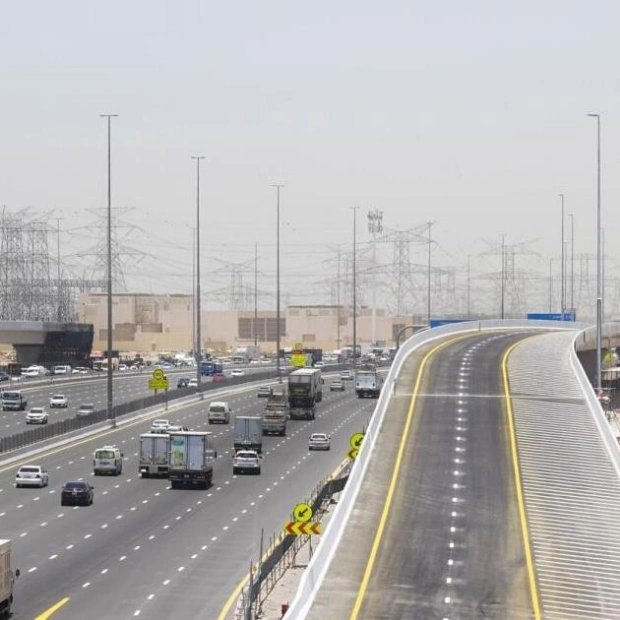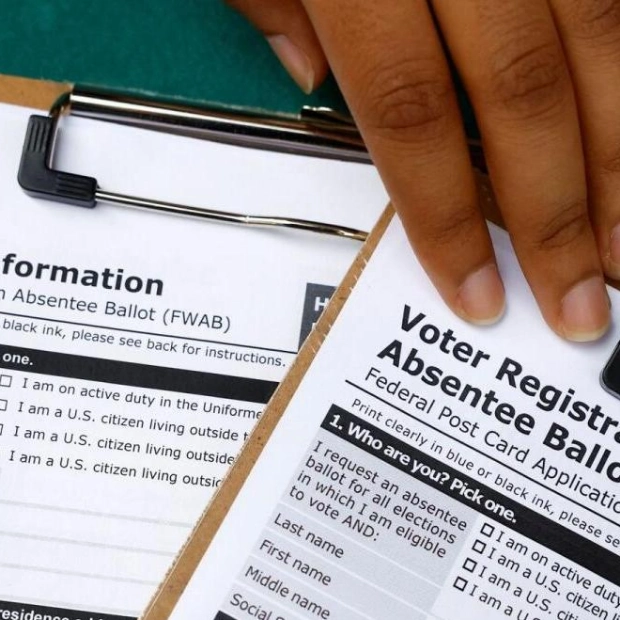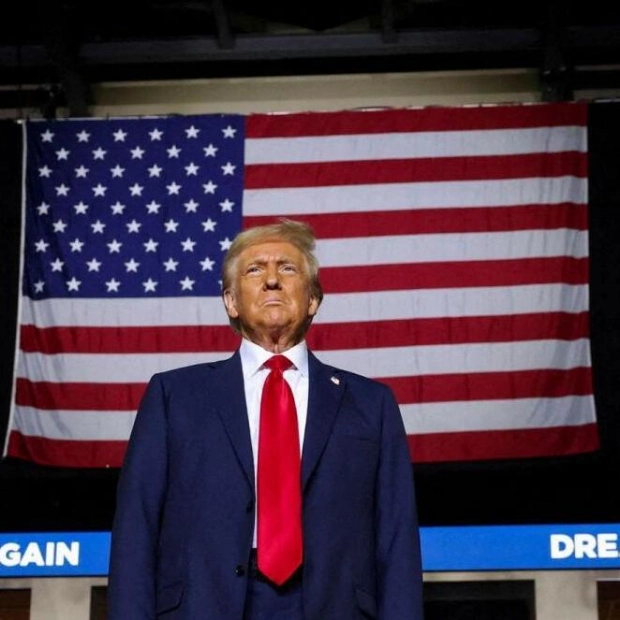Approximately 8,000 Rohingya Muslims have sought refuge in Bangladesh over the past few months, escaping the rising conflict in Myanmar's western Rakhine state, as reported by Bangladeshi authorities. The conflict has escalated due to ongoing battles between Myanmar's ruling military regime and the Arakan Army, an influential ethnic militia predominantly composed of Buddhists.
Mohammad Shamsud Douza, a high-ranking official responsible for refugee affairs in the Bangladeshi government, stated, "We have data indicating that around 8,000 Rohingya have entered Bangladesh recently, primarily within the last two months." He further noted on Wednesday that Bangladesh is already overwhelmed and cannot accommodate additional Rohingya.
The Bangladeshi government had not previously disclosed any estimates regarding the number of Rohingya who crossed into the country in recent months. A significant discussion is scheduled to take place within the next two to three days at the cabinet level to address this crisis, according to Bangladesh's de-facto foreign minister, Mohammad Touhid Hossain. While expressing empathy for the Rohingya, Hossain acknowledged that the country lacks the capacity to offer humanitarian shelter to more refugees. "It is not feasible to completely seal the border," he mentioned, indicating that measures will be implemented to prevent further unauthorized crossings.
On August 25, tens of thousands of Rohingya refugees in Bangladesh organized demonstrations in camps to commemorate the seventh anniversary of the 2017 military crackdown in Myanmar, which compelled them to flee, calling for an end to the violence and safe repatriation to their homeland. Currently, over one million Rohingya reside in densely populated camps in southern Bangladesh, with minimal prospects of returning to Myanmar, where they are largely deprived of citizenship and fundamental rights. The recent escalation of violence represents the most severe situation faced by the Rohingya since the 2017 military campaign in Myanmar, which the United Nations characterized as genocidal.
Rohingya who recently escaped to Bangladesh have appealed to the government for shelter. "How long can we continue to live in such cramped conditions with relatives?" questioned a Rohingya refugee who arrived in Bangladesh last month with his wife and parents. "We implore the government to provide us with shelter and guarantee that we receive food and other vital support."
Last month, Hossain declared that Bangladesh cannot accommodate more Rohingya refugees and urged India and other nations to intensify their efforts. He also called on the international community to exert greater pressure on the Arakan Army to halt its attacks on the Rohingya in Rakhine state.






